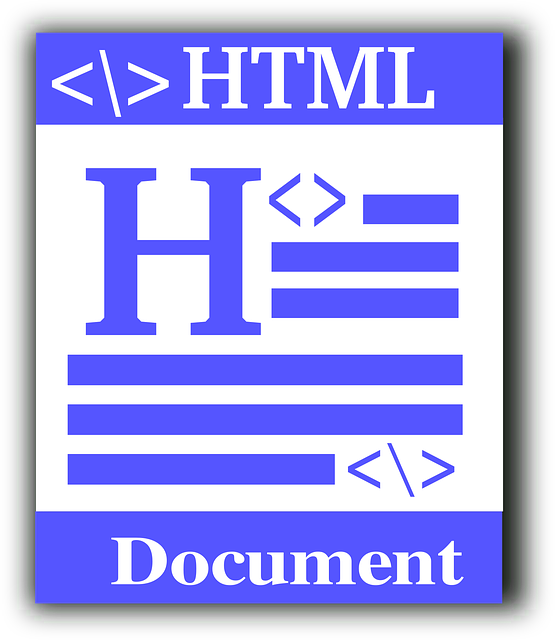Service Schema Markup is a structured data tool that enhances online visibility for service businesses by providing search engines with detailed information about services, locations, and providers. It improves search rankings, click-through rates, and targeted traffic, benefiting local businesses and specialized therapists. By marking up service types, business names, locations, and profiles, businesses offer valuable insights for better user experience and conversions. This is especially useful for local businesses and niche markets like therapists, driving more qualified leads. Tracking metrics shows the impact on organic reach and conversion rates, optimizing visibility and knowledge graph panels.
Implementing schema markup, a powerful tool for service-based businesses, significantly boosts online visibility and user engagement. This article explores the transformative potential of Service Schema Markup, offering insights into its basics, benefits, and implementation strategies. We delve into how structured content enhances search engine rankings, improves user experience, and optimizes local searches. Discover key schema types tailored to service industries and learn effective tracking methods to measure the impact of your implementation.
- Understanding Service Schema Markup: Basics and Benefits
- Implementing Schema for Better Search Engine Visibility
- Enhancing User Experience with Structured Content
- Key Schema Types for Service-Based Businesses
- Optimizing Local Search Results Using Service Schema
- Measuring Success: Tracking Schema Implementation Impact
Understanding Service Schema Markup: Basics and Benefits

Service Schema Markup is a powerful tool for enhancing the visibility and accessibility of service-based businesses online. It involves using structured data to describe services, their offerings, and the associated details in a way that search engines can easily understand. By implementing Service Schema Markup, businesses provide valuable context around their services, enabling search engines to better index and display this information to potential customers.
This markup goes beyond basic metadata by including complex relationships between services, locations, and providers. For local businesses or therapists offering specialized services, Local Schema for Providers can be particularly beneficial. Structured Data for Services allows for a more detailed presentation of offerings, ensuring that search engines capture the essence of each unique service. This, in turn, improves search rankings, increases click-through rates, and ultimately drives more qualified traffic to the website.
Implementing Schema for Better Search Engine Visibility

Implementing Service Schema Markup can significantly boost search engine visibility for businesses offering specialized services. This structured data helps search engines understand the context and nature of your offerings, enabling them to accurately display your content in relevant searches. By marking up critical details like service types, business names, locations, and even therapist profiles (if applicable), you provide valuable insights that enhance user experience and increase the likelihood of conversions.
For local businesses or service providers, Local Schema is particularly beneficial. It allows search engines to recognize and prioritize your listing when users search for specific services in their area, ensuring your business stands out among competitors. Whether you’re a therapist offering online sessions or a local restaurant with unique cuisine, leveraging Schema Markup for Business Types can drive more targeted traffic and improve overall online presence.
Enhancing User Experience with Structured Content

Implementing schema markup, such as Service Schema Markup, is a powerful strategy to elevate user experiences when interacting with service-based content and offerings. By structuring data in a standardized format, businesses can provide search engines with valuable insights into their services, enhancing visibility and context. This structured data enables search engines to understand the nature of each service, its specific attributes, and the value it offers, ultimately leading to improved search rankings and better user engagement.
For example, when considering Schema Markup for Business Types or a schema for therapists, this structured data can highlight essential details like service areas, pricing structures, availability, and unique selling points. Such rich snippets not only make the business listings more appealing but also ensure that users receive relevant information at a glance. This precision in presenting data contributes to a seamless user journey, allowing potential clients to make informed decisions quickly.
Key Schema Types for Service-Based Businesses

Service-based businesses can greatly benefit from implementing schema markup to enhance their online visibility and provide rich context for search engines. Schema Markup for Business Types, including various professions like dentists, allows for structured data that highlights essential services offered, client testimonials, working hours, and location details. By utilizing these specific types of schema, businesses can ensure their content is not only discovered but also presented in a compelling, user-friendly manner.
For instance, a Schema for Dentists could include information about dental procedures, equipment used, payment methods accepted, and even patient reviews, offering a comprehensive overview of the services provided. Structured Data for Services goes beyond basic details by adding layers of context, making it easier for potential clients to find what they need and increasing the chances of conversion or appointment scheduling.
Optimizing Local Search Results Using Service Schema

Implementing Service Schema Markup can significantly optimize local search results for providers and therapists, enhancing their online visibility. By incorporating structured data into web pages describing specific services, search engines like Google can better understand the context and nature of what each business offers. This, in turn, leads to more accurate and relevant listings in local search results.
For example, a therapy practice specializing in cognitive behavioral therapy (CBT) can use Schema Markup to specify this service type, along with details about the target population, therapeutic approaches, and any unique qualifications or certifications. Such detailed information not only helps potential clients find the right therapist but also distinguishes the business from competitors in local search algorithms. This strategy is particularly beneficial for businesses operating within a niche market, ensuring their offerings are easily discoverable by those seeking specialized services.
Measuring Success: Tracking Schema Implementation Impact

Measuring the success of Service Schema Markup implementation is a crucial step to understand its impact on visibility and context. By utilizing structured data in the form of schema markup, businesses can track how search engines interpret and display their content. This process involves monitoring changes in organic reach, click-through rates, and conversion metrics specific to the service offerings. For instance, for a local spa providing massage therapies (Schema for Therapists), marking up services with relevant details like treatment duration, price ranges, and client reviews can significantly enhance local search rankings (Local Schema for Providers).
Over time, analyzing these metrics reveals patterns that indicate the effectiveness of schema implementation. Increased visibility in local packs or improved knowledge graph panels directly reflect the success of the markup strategy. Additionally, tracking user interactions with enhanced search results encourages businesses to refine their schema markup, ensuring continuous optimization and better engagement (Schema Markup for Business Types).
